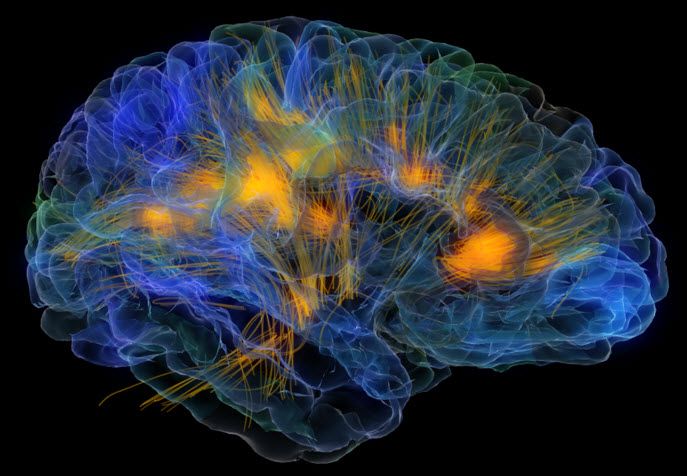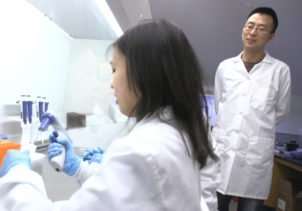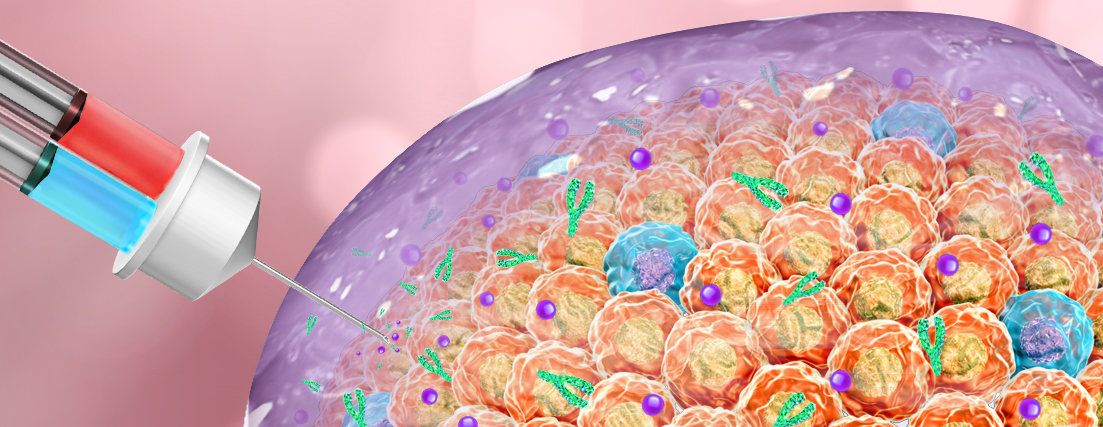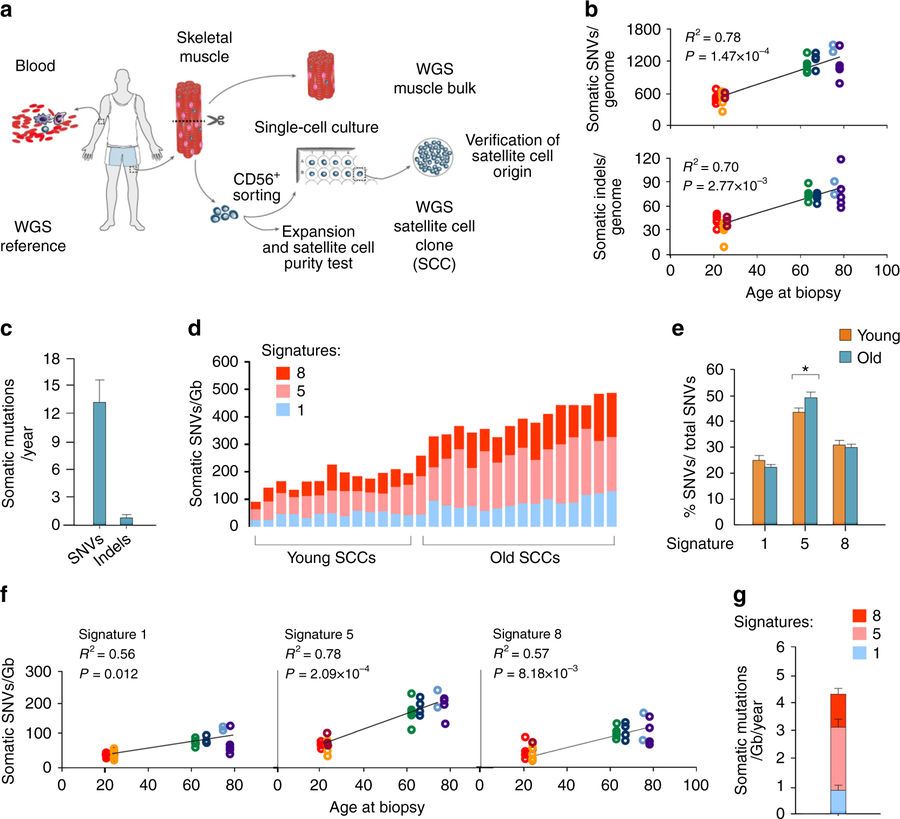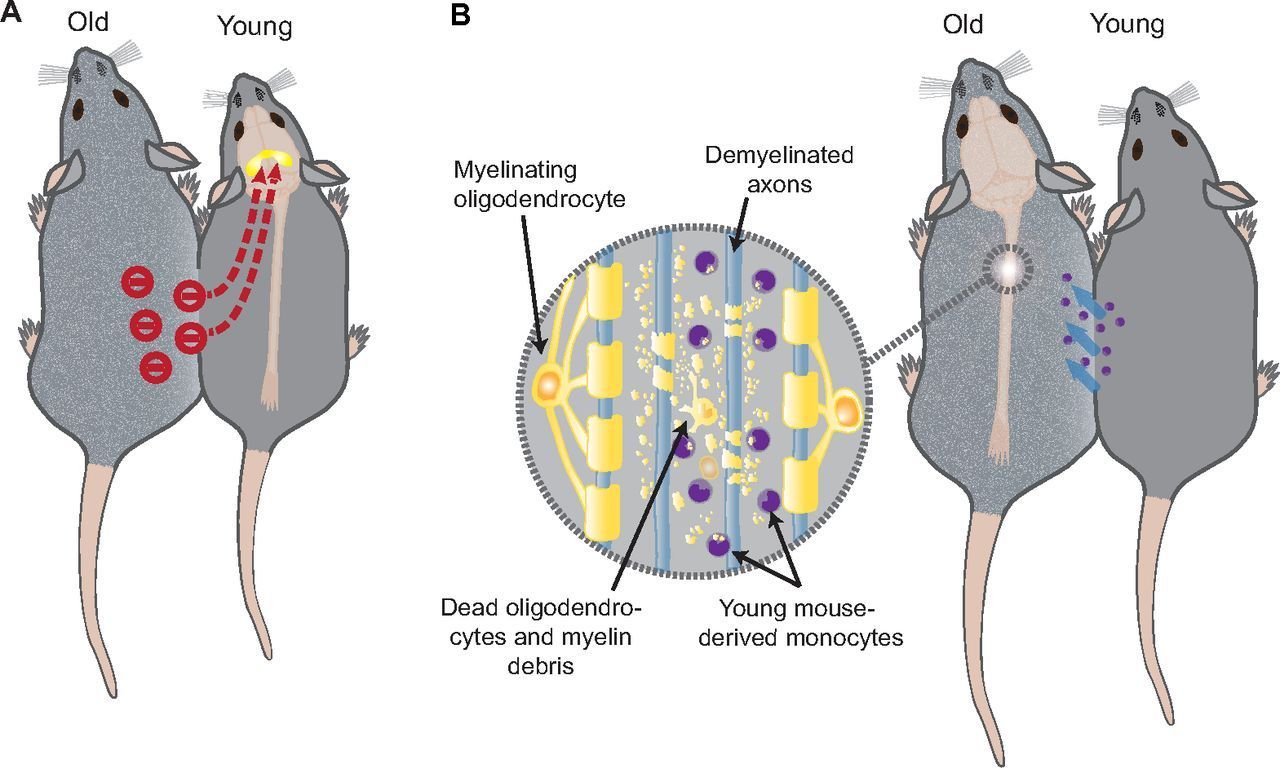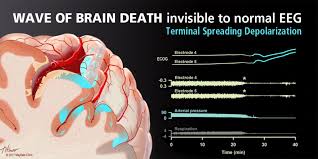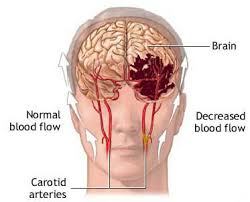Mar 20, 2018
My Journey With Cancer and the Hope for the Future
Posted by Nicholi Avery in categories: biotech/medical, health, neuroscience
I would like to share a story. A story about sadness, depression, anger, and frustration. But most of all this is my personal story about triumphing over the death sentence of #cancer. I hope this story will give others who went through and are going through hope for the future.
My story started about 4 years ago on a cold winter day. Up until this point my life seemed invincible. That all changed. At the time I was working at the plasma center and we were preparing for an audit by the FDA. Before an audit we would have the floors waxed and make the center look as nice as possible. A few co-workers and I stayed late to help move the donor beds. I knew I had been feeling pain in my neck/shoulder area for a few weeks so I really didn’t want to. I figured it must have been from repetitive motions at work. I decided to just ignore it and help anyways: this decision changed my life dramatically.
As my coworker and I lifted a donor bed I felt a sharp pain in my neck. I could barely move my arm as it was so excruciating. I couldn’t lift my arm to my chest. I shyly let my manager know that I hurt myself. My manager had me go to Concentra #Health since I was going to be covered under worker’s compensation there. It was there I met Dr. Kreiger, one of the doctors who helped save my life.
Continue reading “My Journey With Cancer and the Hope for the Future” »

